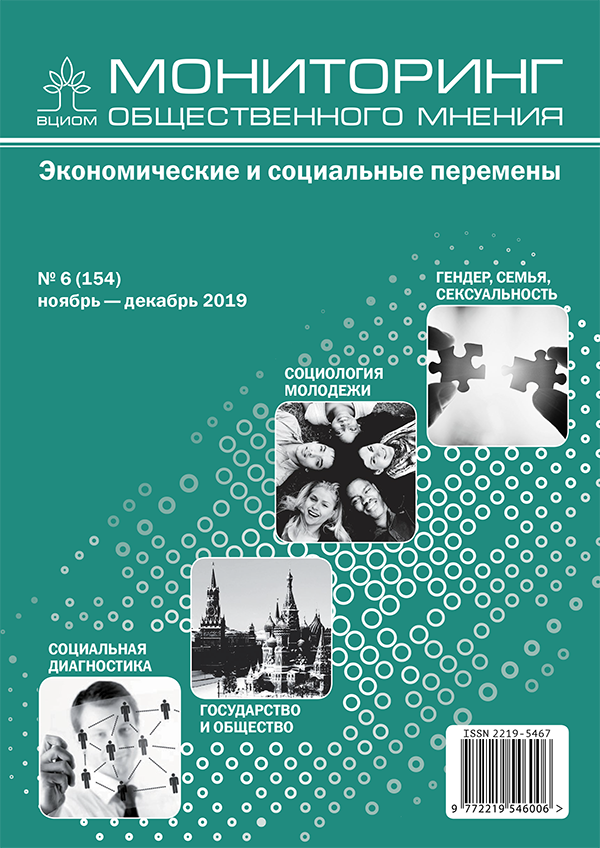Critical thinking in modern society: what do universities provide?
DOI:
https://doi.org/10.14515/monitoring.2019.6.06Keywords:
critical thinking, changes in the labor market, evaluation, group project, individual project, presentationsAbstract
All the members of educational community recognize the importance of critical thinking. It is also of highest importance for the job market for which people are often prepared by higher education institutions. The challenge facing these institutions is to raise an adequate level of critical thinking among university graduates. Nevertheless little research aimed to find strategies facilitating critical reasoning is being conducted in Russia. The findings of the foreign studies suggest that in order to develop critical thinking students need to participate in project activities (both group and individual activities) and to make presentations. Taken into consideration different cultural differences between Russian and foreign students and specific educational traditions, it is difficult to immediately apply the results of the foreign studies in Russia. The article is focused on the relationship between student project work and presentations and the development of critical reasoning in the Russian universities. The study is based on the results of the SuperTest project which compares the educational achievements of engineering students from Russian, Chinese and American technical universities. Using regression analysis the author proves that the situation in the Russian universities differs from the situation abroad: the level of critical thinking is negatively related to student project activity and presentations.
Acknowledgements. The author expresses gratitude to Isak D. Frumin, Director of the HSE Institute of Education, and Evgeny A. Terentyev, Academic Director of Doctoral School of Education, for their assistance and advice.






